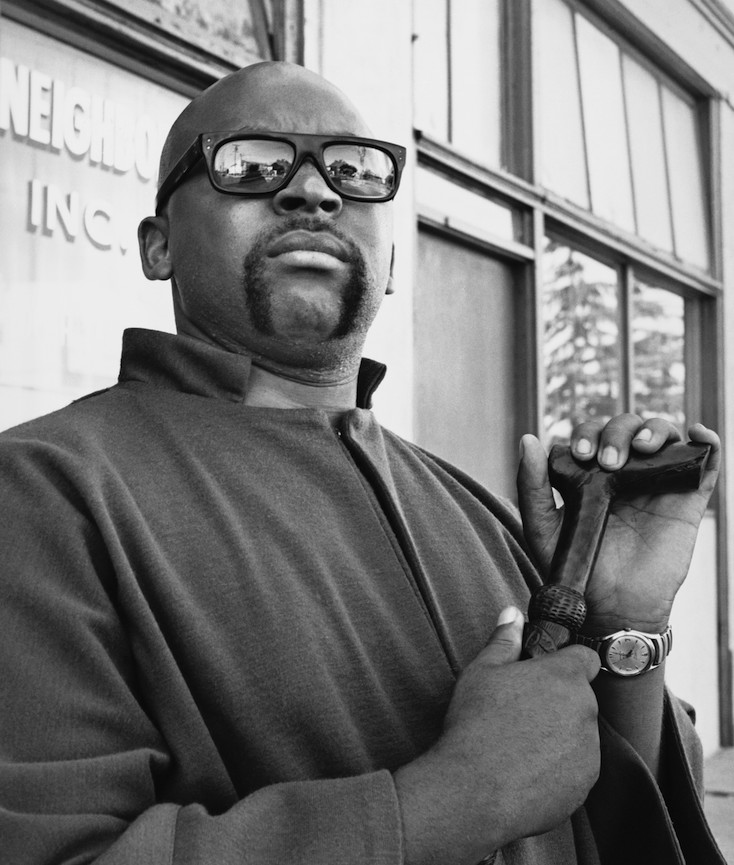It was born in the freedom movement, against the backdrop of the Watts rebellion, the rise of the Black Panther Party, the FBI’s COINTELPRO and the assassination of Malcolm X (el-Hajj Malik el-Shabazz).
Maulana Karenga, professor and chair of Africana studies at California State University, is often credited as the sole creator of Kwanzaa, while the collective efforts of the Us Organization—a black liberation group founded in 1966 by Karenga and Malcolm X’s cousin Hakim Abdullah Jamal—are minimized to prop up Karenga as a revolutionary messiah of Pan-African culture. [mc4wp_form id=”6042″]
Jamal ultimately ended his association with Karenga as a result of clashes over ideological and organizational differences, but Kwanzaa continued to grow in popularity despite a war, fueled by COINTELPRO, between Us and the Southern California chapter of the Black Panther Party for Self-Defense. Even without FBI interference, there was an intracommunity battle for the allegiance of young black radicals intensifying between Us and the BPP. It was the machinations of the FBI, though, that ultimately drove Us members to murder Alprentice “Bunchy” Carter, leader of the BPP’s Southern California chapter, and his comrade John Huggins on Jan. 17, 1969, on UCLA’s campus.

NATIONAL MUSEUM OF AFRICAN AMERICAN HISTORY & CULTURE | WASHINGTON, DC
The National Museum of African American History and Culture is the only national museum devoted exclusively to the documentation of African American life, history, and culture. It was established by Act of Congress in 2003, following decades of efforts to promote and highlight the contributions of African Americans. To date, the Museum has collected more than 36,000 artifacts and nearly 100,000 individuals have become charter members. The Museum opened to the public on September 24, 2016, as the 19th and newest museum of the Smithsonian Institution. (Website).




You must be logged in to post a comment.